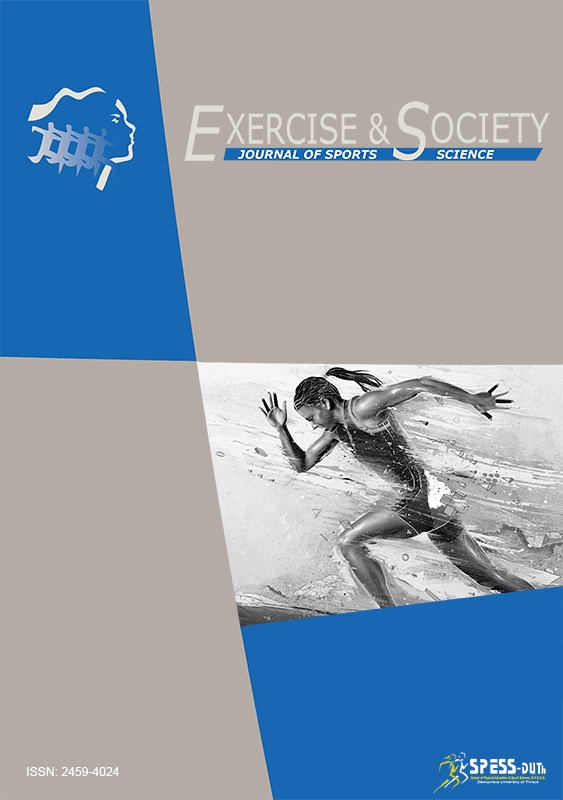Association between exercise during pregnancy and the risk of obesity in the offspring: Epidemiological study.
Abstract
Adulthood obesity often has its roots to childhood. The main goal of this study was to identify relationships between maternal lifestyle choices as exercise and offspring obesity status from birth until early adulthood. Α random sample of 1,287 children was extracted from a national database and matched with their mothers. With the use of a standardised questionnaire, telephone interviews were carried out for the collection of information like: maternal and parental data, exercise levels, etc. The average maternal age and body mass index (BMI) was 27.8±4.6 years and 22.5±3.1 kg/m2, respectively, while the mean gestational weight gain (GWG) was 14.4±6.4 kg. Almost 2 of 3 (64.9%) women reported that they didn’t exercised. GWG and BMI at the end of the pregnancy of those who exercised was lower by 1.0±0.4 kg (p=0.006) and 0.4±0.2 kg/m2 (p=0.05), respectively, in comparison to those who didn’t exercised. Weight and BMI at the age of 8 years and BMI at the adolescence/adulthood of children whose mothers exercised was lower by 0.9±0.4 kg (p=0.017), 0.4±0.1 kg/m2 (p=0.025) and 0.46±0.21 kg/m2 (p=0.03), respectively, in comparison to those who mothers didn’t exercised. Exercise during pregnancy was not associated with the odds for being overweight/obese in all the investigated periods of life.Downloads
Published
How to Cite
Issue
Section
License
Authors who publish with this journal agree to the following terms:
a. Authors retain copyright and grant the journal right of first publication with the work simultaneously licensed under a Creative Commons Attribution License that allows others to share the work with an acknowledgement of the work's authorship and initial publication in this journal.
b. Authors are able to enter into separate, additional contractual arrangements for the non-exclusive distribution of the journal's published version of the work (e.g., post it to an institutional repository or publish it in a book), with an acknowledgement of its initial publication in this journal.
c. Authors are permitted and encouraged to post their work online (e.g., in institutional repositories or on their website) prior to and during the submission process, as it can lead to productive exchanges, as well as earlier and greater citation of published work (See The Effect of Open Access).


